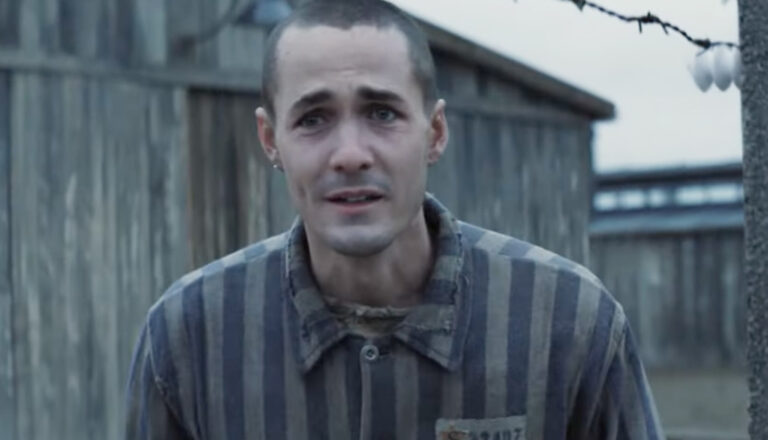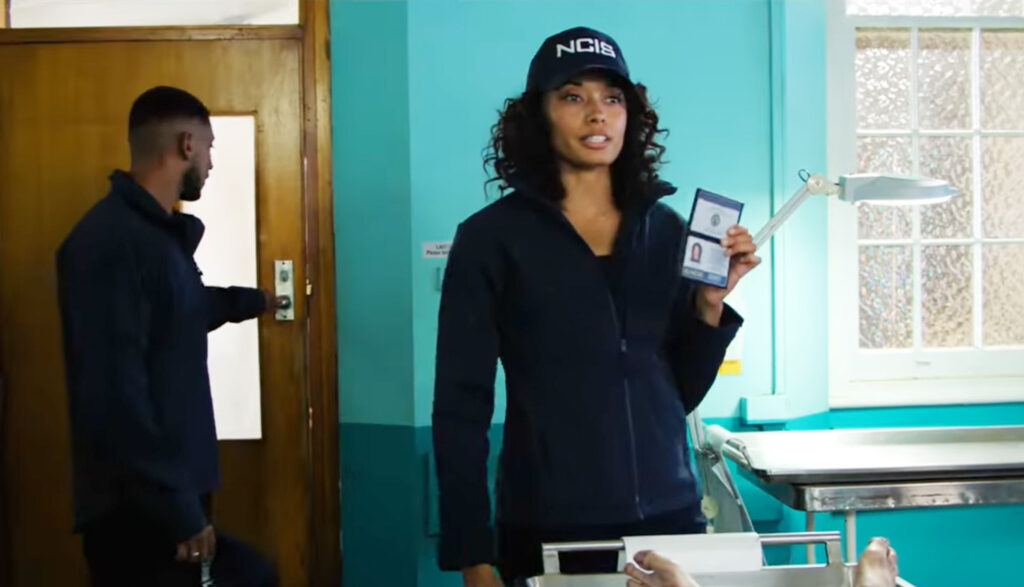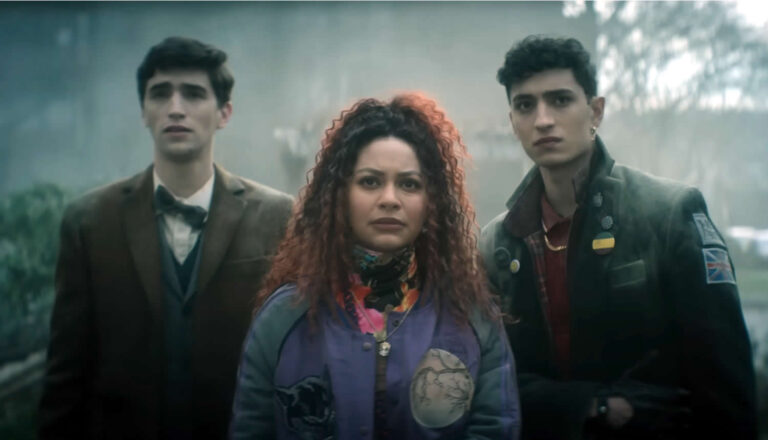
The Tattooist of Auschwitz
The Tattooist of Auschwitz is a little like its titular character. It’s painful. It gets under your skin. And it just might leave a mark.

The NCIS team has expanded to the Land Down Under.
While the Australian and United States governments look at this new partnership with high hopes, some agents have mixed feelings: Special Agent Michelle Mackey from the NCIS and Sergeant Jim Dempsy (who goes by J.D.) from the Australian Federal Police each prefer to run their own operation.
Unfortunately for them, the suspicious death of American Petty Officer Flynn forces Mackey and J.D. to join forces and solve the case—and, CBS hopes—work on plenty of others for several seasons to come.
With the help of forensic pathologist, Dr. Roy Penrose, and young scientist, Bluebird Gleeson, the team chases crooks in the expected NCIS franchise formula.
Crime dramas like NCIS: Sydney employ so many formulaic clichés that complaining about them is practically a cliché itself.
If you’re familiar with the NCIS franchise, you likely know which content concerns to expect.
Like other NCIS iterations, we see individuals drop dead, and their demises can include blood and bodily gashes. J.D. and other agents wield guns, and fights range from nighttime bar brawls to shooting showdowns. Investigations often require autopsies in which we see the dissected remains of human bodies.
While their intentions are good, J.D. and Mackey are not squeaky-clean cops. In pursuit of the truth, the agents subvert authority and use deception. Characters also utter profanity including “d—n” and misuses of God’s name.
Adapting to their new partnership, Mackey and J.D. bend rules to discover the truth about the deaths of Petty Officers Flynn and O’Leary.
There is discussion about a potential suicide case. A man bleeds from his chest and nose. This man later falls into a body of water where his blood can be seen dispersing. A dead body is seen with blood covering its face and head. During a gun fight, a man gets shot in the chest. Another man is threatened with a gun to his head. A guy throws punches in a bar fight. During an autopsy, we see a human body cut open. In a chase scene, Mackey tackles a potential suspect.
A man is seen wearing no shirt. A character makes a sexual innuendo. Women can briefly be seen wearing swimsuits. A man dressed in drag flirts with another man.
Characters use profanity including three uses of “d–n,” three uses of “a–, ” one use of “a–hole,” one use of “h—,” two uses of “p-ss” and 2 misuses of God’s name. A character makes a rude gesture. There is also a use of “bloody” as a profanity.
There are a few references to alcohol.
Holding a cross, a woman prays over a dead body before the autopsy.



The Tattooist of Auschwitz is a little like its titular character. It’s painful. It gets under your skin. And it just might leave a mark.

The Sonic spinoff blends explosive adventure and road-trip-buddy-comedy into a fun romp for both kids and diehard fans.

Dead Boy Detectives targets teens in style and story. But it comes with very adult, problematic content.